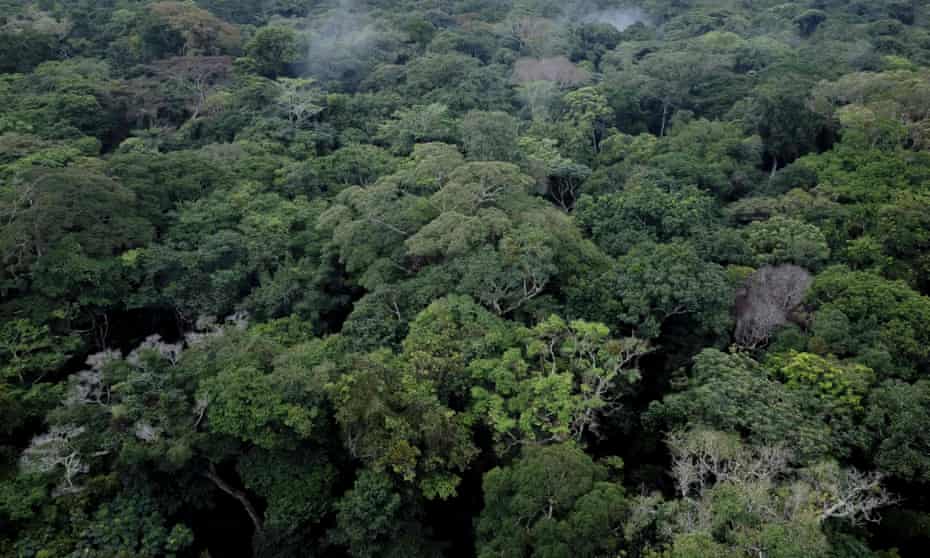The Minister of Environment, Balarabe Lawal, has emphasised the vital role of forests in regulating Nigeria’s climatic conditions and enhancing the country’s climate resilience.
He made this known during the 2025 Ministerial Press Briefing on Wednesday in Abuja.
“Forests play a crucial role in biodiversity conservation, maintaining water cycles, and providing livelihoods for millions of people,” Lawal said.
He noted that the ministry has implemented strategic measures to address unsustainable agricultural practices, excessive logging, and infrastructure deficits. These actions, he added, have significantly reduced the rates of deforestation, forest degradation, and their associated climate impacts.
“It is worthy of note that significant achievements have been recorded in forest restoration under the administration of President Bola Tinubu,” the minister added.
Lawal highlighted the Hydrocarbon Pollution Remediation Project (HYPREP) as a major Federal Government initiative aimed at implementing the recommendations of the UN Environment Programme (UNEP) report on oil pollution in Ogoniland.
“HYPREP has commenced the world’s most extensive mangrove restoration in Ogoniland. The pilot phase, covering 560 hectares, is 85 per cent complete, with over two million seedlings of red, black, and white mangrove species planted. This marks the first mangrove restoration in Nigeria involving the planting of multiple species,” he said.
The minister also disclosed that Nigeria signed a Cooperation Framework Agreement with the Republic of Cameroon on April 19, 2024.
“The agreement promotes trans-boundary ecosystem conservation and the sustainable management of forestry and wildlife resources. This collaboration is aimed at protecting shared ecosystems—including forests, wildlife, and water bodies—and ensuring coordinated management of trans-boundary protected areas such as the Cross River National Park (Nigeria) and Korup National Park (Cameroon), which are biodiversity hotspots,” he explained.
Lawal stated that the overarching goal of the ministry’s initiatives is to strengthen the resilience of vulnerable communities, particularly in Nigeria’s drylands, against the impacts of climate change and variability.
He outlined further achievements of the ministry, including the raising of 3.85 million neem seedlings for the establishment of plant nurseries across the 11 frontline states of the National Agency for the Great Green Wall (NAGGW).
“These seedlings are expected to support reforestation efforts and provide raw materials for medicinal purposes,” he said.
He also commended the Forestry Research Institute of Nigeria (FRIN) for its work in forestry research, forest product innovation, and environmental development initiatives, notably the digitalisation of forest zones across the country.
Speaking on the role of the National Park Service (NPS), Lawal said the agency remains central to the protection and conservation of national parks and wildlife reserves.
“NPS is responsible for enforcing environmental laws to prevent illegal activities such as poaching, deforestation, and encroachment on protected lands. One of its major achievements is the enhancement of forest security through strengthened inter-agency collaboration, particularly with the Nigerian military,” he stated.
This collaboration, he said, is already yielding positive results, particularly in the recovery of forest areas previously occupied by bandits and in sustaining efforts against insurgency and terrorism in Nigeria’s forested regions.


